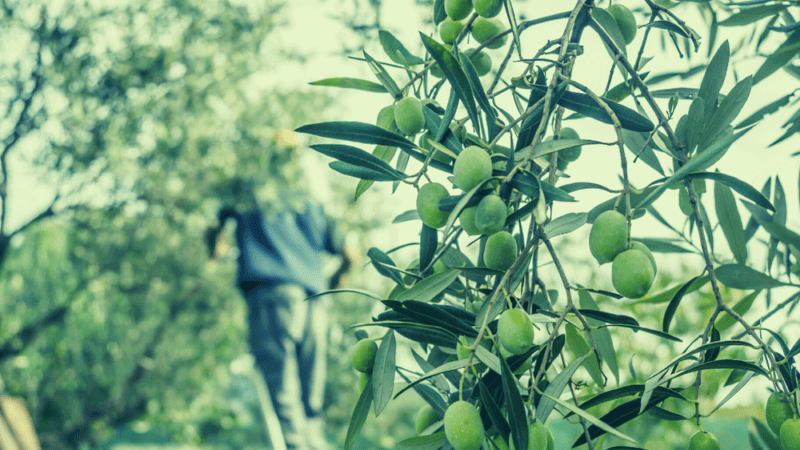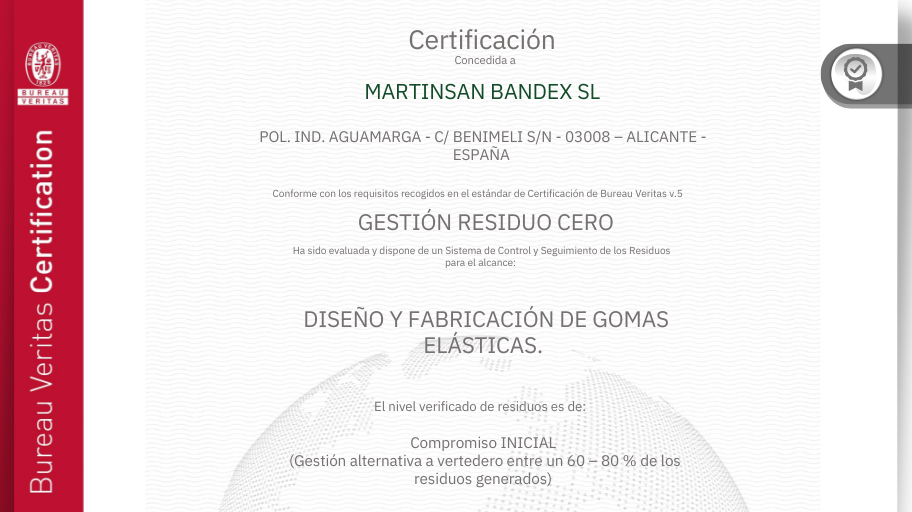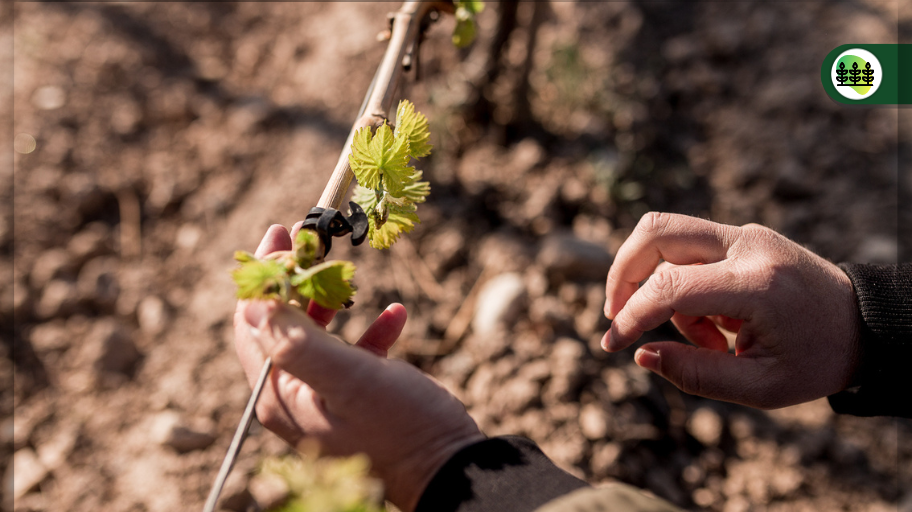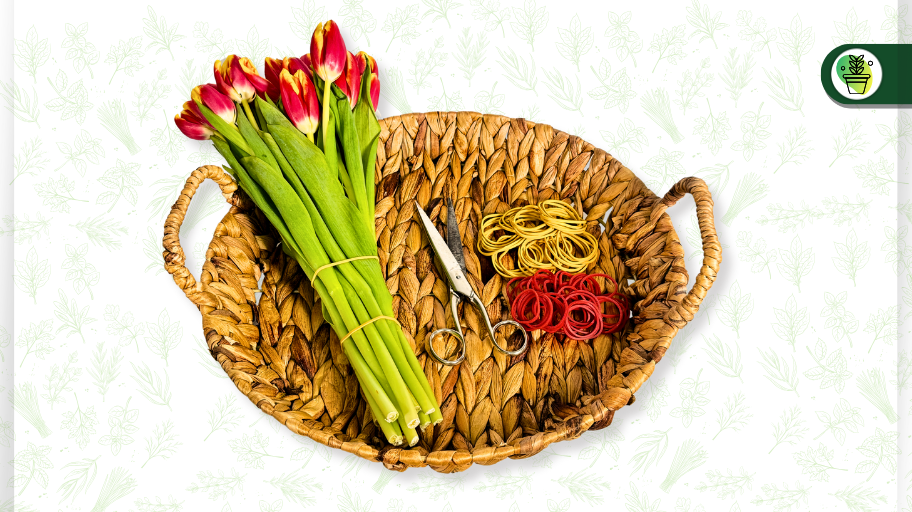Spain is the European Union (EU) country with the most olive tree crops with 55% of the total, according to data from Eurostat, the EU statistics office. In total, eight EU member states had areas of olive trees that exceeded the necessary threshold of 1,000 hectares for inclusion in the study.
Therefore, the news from this sector is undoubtedly important.
Here we summarize three of them, from this January.
Spain’s olive oil harvest will be around 1,250,000 tons.
With 70% of the olive harvesting campaign already underway, the trend is confirmed that Spain will produce around 1,250,000 tons of olive oil this year.
Data from the Agency for Information and Food Control (AICA) put production in the last month of 2021 at 530,000 tons, with cumulative production rising to 867,226 tons, which is 14.5% more than last season at this time.
For the head of the Olive and Oil Sector of UPA and secretary general of UPA Andalusia, Cristobal Cano, the figures leave no room for doubt: “We will exceed by little 1.2 million tons of olive oil this season. We must take into account that we are practically at 70% of the harvest and that, in these months, 867,226 tons have been produced in Spain”.
Although it is true that it is less oil sold than last year, we have to realize that we are coming from two record marketing campaigns. In addition, this year we have found less link at the beginning of the campaign and an estimate of lower production, so we will have less oil to market.
Even so,” Cano adds, “sales, and especially exports, are in very good health. We have even increased sales in third countries, which shows us, for yet another year, that consumers are increasingly valuing olive oil as the best vegetable fat in the world.
These data also reflect the greater confidence in the olive sector and “makes us aware that we can be able to mark the immediate future of prices at source, which remain stable above production costs in the traditional olive grove,” says Cristobal Cano.
The general secretary of UPA Andalusia emphasizes that the Spanish olive sector will again be decisive in the production and world-wide commercialization of olive oil. Now only the real application of the Law of the Chain and the decree of Quality is missing, both regulations that “must trace the best possible way so that the prices in origin remain stable in the environment of 3 euros as they are right now”, he concludes.
Protection and control of extra virgin olive oil
Cordoba is the Spanish province with the most designations of origin for extra virgin olive oil. Of the seven protected designations of origin (PDO) recognized in the province, four cover extra virgin olive oils (EVOO) produced in the lands of Cordoba, making Cordoba the Spanish province with the most PDOs of oil, even ahead of the most olive-growing province in the country, Jaén, which has three PDOs and one Protected Geographical Indication (PGI).
These four denominations give an idea of the relevance of this crop in the province, but also of the outstanding commitment to the quality of Cordoba’s olive juices.
The main function of the designations of origin is to guarantee the origin and quality of the products they protect, which have differential qualities due to their production, ageing, etc. Hence, not all the oil produced in the province has the quality seal of a PDO.
Andalusian agriculture will have 135.2 M € for agri-environmental aid in 2022
The Ministry of Agriculture, Livestock, Fisheries and Sustainable Development will have agri-environmental aid under the Rural Development Program worth 135.2 million euros during 2022. This has been highlighted today by the counselor, Carmen Crespo, who recalled that “these aids are intended to contribute to the improvement of sustainable environmental management of farms in Andalusia,” insisting that “this is achieved with a more environmentally friendly production, also betting on organic agriculture in which our community is a national leader.”
These incentives are intended specifically for the conversion to organic farming and livestock practices and maintenance of these practices, both generally and for specific calls for the olive grove.
Likewise, beekeeping, native breeds, sustainable agro-industrial crop systems, olive groves, agricultural systems of special interest for steppe bird populations, ecologically oriented mountain agriculture in woody crops and olive groves, pastures, unique systems such as chestnut or raisins, intensive horticultural crops or cut flowers in greenhouses are also subject to this aid.
These are the most important news of this sector in January. And we don’t want to finish without reminding you to leave your data to receive free samples of our Goma Anchor, ideal for this crop. Know all its benefits here.




